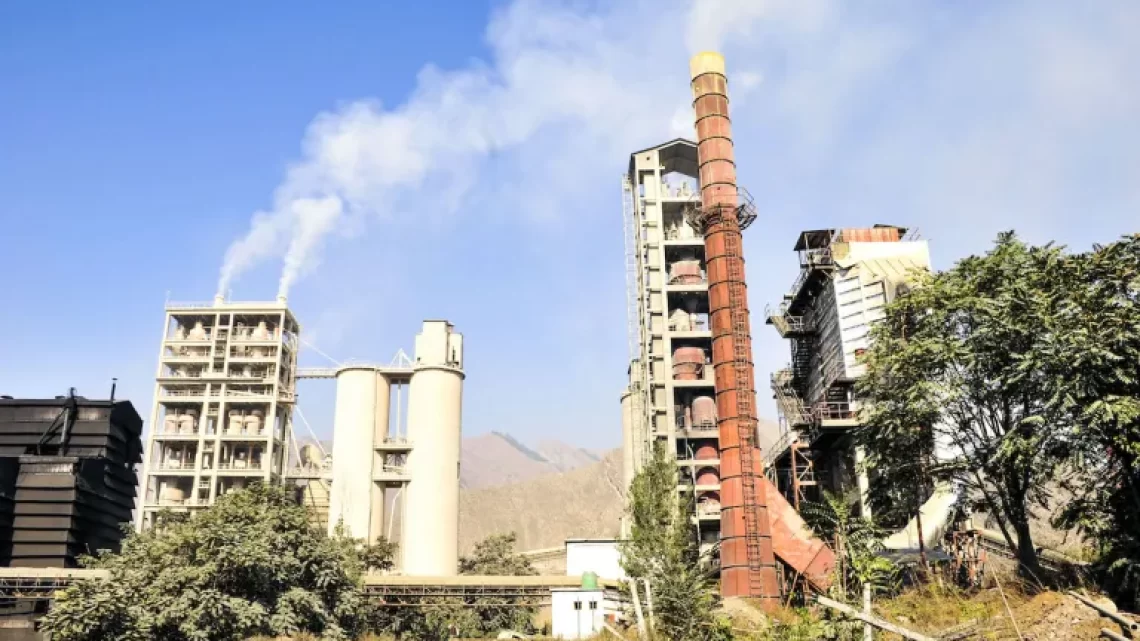
Retired Employees in IIOJK Denied Benefits
March 26, 2024Six hundred retired workers of Indian illegally occupied Jammu & Kashmir Cements Limited are grappling with financial woes as the government denies them their rightful retirement benefits, shedding light on the plight of individuals living under foreign occupation.
According to reports, these retirees, who dedicated years to the organization, have been partially deprived of their retirement dues from 2006 to 2017, and completely denied since 2018, citing the government’s decision to disinvest in the loss-making IIOJK Cements.
Despite relentless pleas for justice, these retirees find themselves in a state of uncertainty, struggling with financial burdens. Tragically, 120 out of the 600 retirees, who served for over three decades, have passed away in recent years without receiving their due benefits, leaving their families in dire financial straits, unable to afford essential medications or even the marriage expenses of their children.
Each retiree faces a substantial liability ranging from Rs. 10 lakh to Rs. 90 lakh, with the government yet to take concrete actions to address their predicament. Despite multiple meetings and appeals to concerned authorities over the past three years, the retirees continue to face disappointment, their hopes for justice shattered.
Mohammed Yousf Butt and Kamal Handoo, representatives of the JK Cements Retired Employees Association, express profound frustration over the lack of tangible progress in resolving the issue.
The Association urgently calls for the immediate release of at least Rs. 25 crore from the disinvestment proceeds of JK Cements to alleviate the financial strain faced by retired employees.
The situation described in the article underscores the harsh reality faced by retirees of Indian illegally occupied Jammu & Kashmir Cements Limited, shedding light on the struggles of individuals living under foreign occupation. The denial of retirement benefits to these individuals, who dedicated years of their lives to the organization, not only highlights the financial exploitation they endure but also reflects broader issues of injustice and neglect within the occupied region.
The tragic deaths of many retirees without receiving their rightful benefits further accentuate the severity of the situation, leaving their families in dire financial circumstances. The significant liabilities faced by each retiree and the lack of concrete steps by the government to address their plight underscore the urgent need for action to rectify this injustice.
The frustration expressed by representatives of the JK Cements Retired Employees Association reflects the sentiment of many retirees who have been left disillusioned by the lack of progress in resolving the issue. Their call for the release of funds from the disinvestment proceeds of JK Cements highlights a potential solution to alleviate the financial strain faced by retired employees.
Overall, this article brings attention to the plight of retired workers in occupied regions, emphasizing the need for accountability and justice to ensure their well-being and dignity are upheld.

